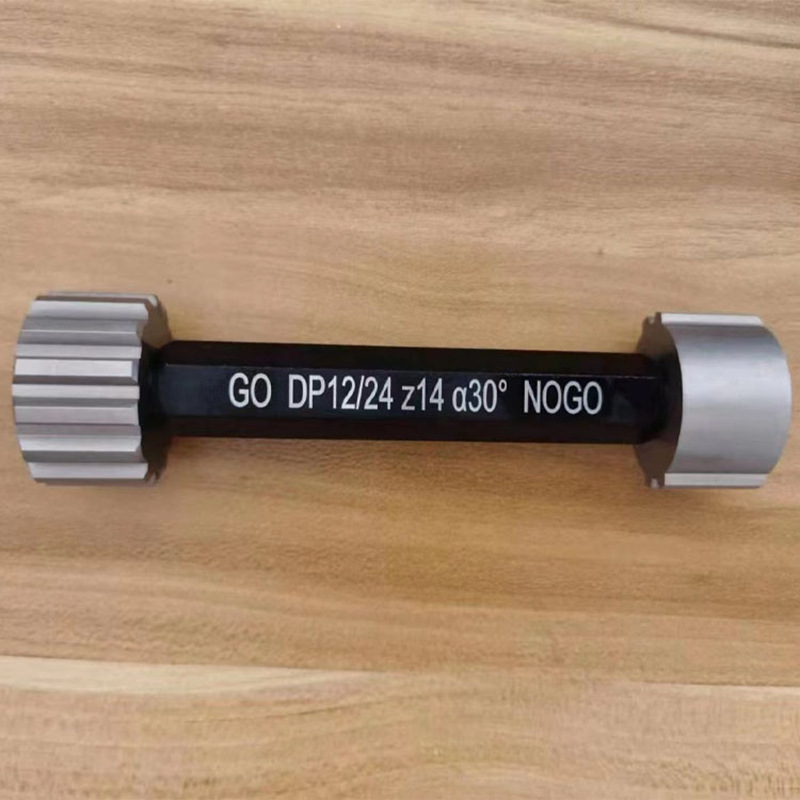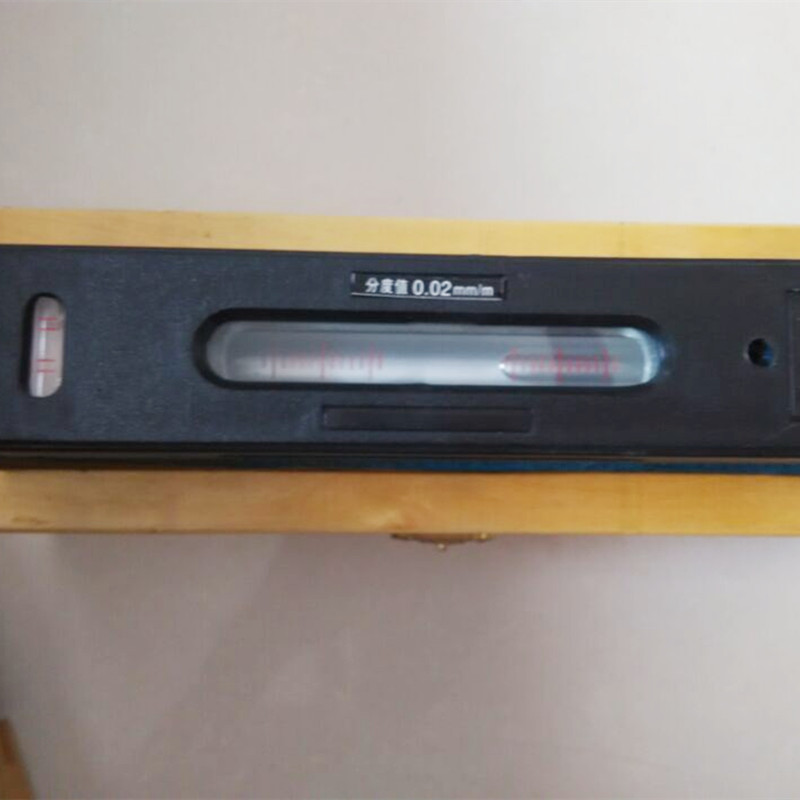okt . 07, 2024 15:03 Back to list
what is a water valve
What is a Water Valve?
A water valve is a crucial component of various plumbing systems designed to control the flow and pressure of water. These devices are commonly found in residential, commercial, and industrial applications. By adjusting the flow of water, valves play a significant role in maintaining the efficiency and functionality of water systems.
Types of Water Valves
There are several types of water valves, each serving a unique purpose
. The most common types include1. Gate Valve This type of valve operates by raising or lowering a gate to regulate water flow. Gate valves are primarily used for on/off service, as they generally do not allow for flow regulation. They are ideal for applications where the valve will either be open fully or closed completely.
2. Globe Valve Unlike gate valves, globe valves allow for throttling or regulating flow. Their design features a disc that moves up and down within a seat, creating a restrictive or open path for water. Globe valves are often used in situations where flow control is necessary.
3. Ball Valve Ball valves provide quick shut-off capabilities. They utilize a hollow, perforated sphere (the ball) that can be rotated to either allow or block the flow of water. Ball valves are preferred for their reliability and ability to maintain a tight seal, making them ideal for a wide range of applications.
4. Check Valve As a one-way valve, a check valve prevents backflow in piping systems, ensuring that water flows in only one direction. This is particularly important in preventing contamination and maintaining system integrity.
5. Pressure Relief Valve These valves are designed to release excess pressure within a system, preventing potential damage caused by overpressurization. They automatically open at a specified pressure, ensuring safer operation.
what is a water valve

Applications of Water Valves
Water valves are integral to various systems, including
- Residential Plumbing In homes, water valves are used to control the supply of water to sinks, toilets, and appliances. They play a vital role in regulating water usage and ensuring that repairs can be performed without shutting off the entire water supply.
- Industrial Settings In industrial applications, water valves manage the flow of water in processes such as cooling, heating, and irrigation. They help maintain system efficiency and ensure that operations run smoothly.
- Fire Protection Systems Fire suppression systems often rely on water valves to control the water supply to sprinklers and hoses. Quick and reliable valve operation is essential for effective fire response.
Importance of Water Valves
The importance of water valves cannot be overstated. They ensure the safe and efficient operation of water systems, prevent leaks, and save water by minimizing wastage. Proper selection and maintenance of valves can lead to enhanced performance and longevity of plumbing systems.
In conclusion, water valves are essential components in managing the flow and pressure of water across various applications. Understanding the types, functions, and importance of these valves can help homeowners and professionals ensure that their plumbing systems operate effectively and efficiently. Whether for residential use or industrial applications, choosing the right valve is key to a well-functioning water system.
-
Surface Plate Maintenance Best Practices for LongevityNewsJun.27,2025
-
Historical Evolution of Iron Surface Plates in Industrial MetrologyNewsJun.27,2025
-
Cast Iron Y Strainer Safety StandardsNewsJun.27,2025
-
Blockchain Verification for Gauge Tool Certification IntegrityNewsJun.27,2025
-
Advantages of Triple Offset Butterfly Valve Types in High-Pressure SystemsNewsJun.27,2025
-
Wear Resistance Strategies for Trapezoidal ThreadsNewsJun.26,2025
Related PRODUCTS









